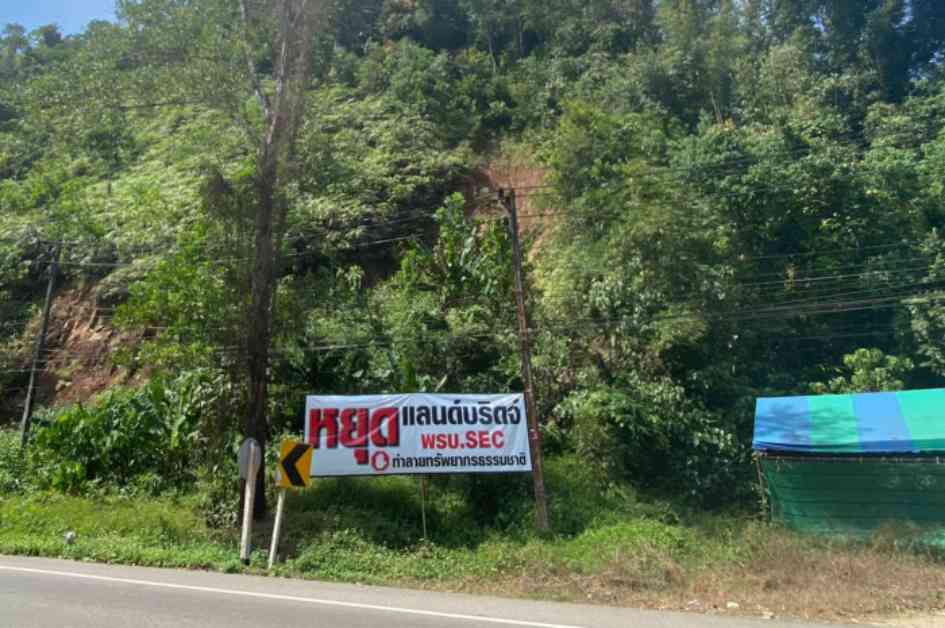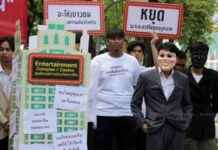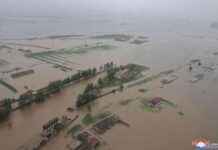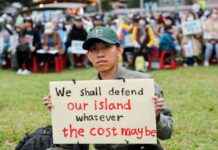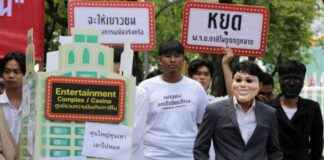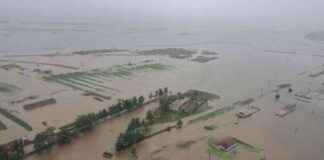Land Bridge Modifications Sought by Human Rights Organization
As the debate over the Southern Economic Corridor and the Rayong-Chumphon Land Bridge megaproject continues to intensify, the National Human Rights Commission (NHRC) has taken a stance against the project, urging Prime Minister Paetongtarn Shinawatra to reassess the government’s plans. The NHRC contends that the megaproject may not be worth the significant investment it requires and could potentially have detrimental effects on the environment and local communities.
Concerns Raised by the NHRC
The NHRC has raised several key concerns regarding the Land Bridge megaproject, citing findings from various studies conducted by state agencies. The council has called on the Prime Minister to review all relevant studies and determine whether the project is truly in the best interest of the country and its citizens. One of the primary concerns raised by the NHRC is the potential threat to the environment and the traditional way of life in the affected areas.
Calls for Clarity and Transparency
In addition to urging the Prime Minister to reconsider the project, the NHRC is calling for greater transparency and clarity from government agencies involved in the planning and implementation of the Land Bridge megaproject. Council member Sayamol Kaiyoorawongs emphasized the need for clear and accurate information to be provided to the public, particularly to those who will be directly affected by the project. The NHRC is advocating for a series of new public hearings to be held in Chumphon, Ranong, and neighboring provinces to gather input from all stakeholders, including local fishermen, farmers, and ethnic minorities.
Environmental and Social Impact Assessments
The NHRC is also urging the government to conduct comprehensive assessments of the project’s potential impact on the environment, natural resources, fishing, agriculture, tourism, and the local way of life. The council argues that previous assessments conducted by the Office of Transport and Traffic Policy and Planning (OTTPP) were incomplete and did not adequately consider the project’s economic viability in relation to its potential negative consequences. The NHRC is calling for a new study to be conducted by state organizations with expertise in assessing the project’s impact on various aspects of the affected areas.
Recommendations and Findings
In light of the concerns raised by the NHRC, the council has recommended that the government suspend the Land Bridge megaproject until a more thorough assessment can be carried out. A study conducted in 2016 found that Ranong was most suitable for designation as an area of natural resources preservation, further casting doubt on the viability of the proposed project. The NHRC’s findings suggest that the project may not be worth investing in and could have significant negative repercussions for the environment and local communities.
Government Response and Future Steps
The government has yet to respond to the NHRC’s recommendations, but the council is hopeful that Prime Minister Paetongtarn Shinawatra will take their concerns into consideration and prioritize the well-being of the people and the environment. The NHRC remains committed to advocating for the protection of human rights and the preservation of natural resources in the face of large-scale development projects like the Land Bridge megaproject.
In conclusion, the NHRC’s call for a reassessment of the Land Bridge megaproject highlights the importance of considering the potential impact of such projects on the environment and local communities. By conducting thorough assessments and engaging with all stakeholders, the government can ensure that development projects are sustainable, beneficial, and respectful of human rights. It is crucial that decision-makers prioritize the well-being of the people and the environment in all development initiatives to create a more sustainable and equitable future for all.
